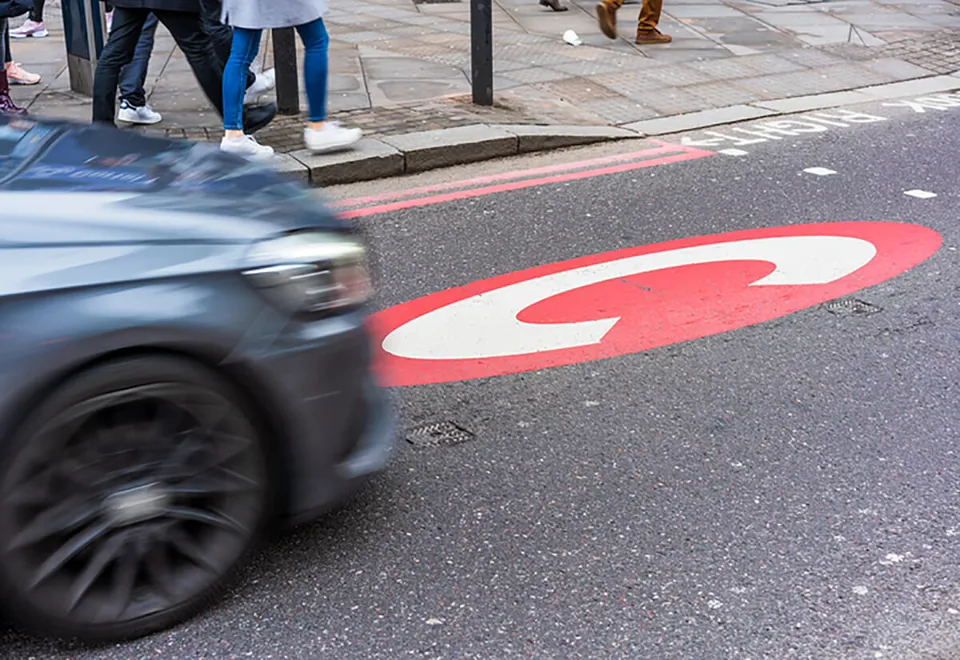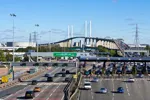The Freight Transport Association (FTA) is urging Transport for London (TfL) to consider granting free access to the London congestion charge zone for “essential users” who have no option other than to use the cities roads and congestion charge zones for deliveries.
The congestion charge, which was introduced 10 years ago on February 17 2003, includes the whole of the City of London, the financial district, and the West End, London's primary commercial and entertainment centre, and is one of the largest congestion charge zones in the world.
In order for London businesses to thrive, to be at the centre of the world economy and to attract tourists, the capital is dependent on the thousands of deliveries made to shops and businesses every day, and the FTA is asking TfL to recognise that this inevitably leads to an essential requirement for goods vehicles to enter central London which are subject to the congestion charge.
Natalie Chapman, FTA head of policy – London, said: "Whilst traffic has now risen back to pre-charging levels, there is no doubt that congestion in central London would be far worse without it. However, FTA believes that the congestion charge is purely a tax on deliveries and its focus should be to deter discretionary or non-essential journeys where there is an option to choose an alternative time or to use public transport."
FTA states that it fully recognises that the aim of the congestion charge is to reduce congestion, CO2 emissions and improve air quality, but considers the charge to be a ‘tax on deliveries' as in many cases the delivery driver has no choice but to enter the congestion charge zone.
In addition the FTA is asking that where the vehicle is essential to the journey and the user has little or no choice, such as is the case for blue badge holders, a 100% discount is and should continue to be offered.
FTA also makes the point that it is not feasible to deliver goods on public transport and nor are alternative modes practical for the to-the-door deliveries that central London requires.
With no charge-free breaks available in the daytime to encourage deliveries to be made outside of rush hour, the Association is appealing to TfL to consider all available options for providing discounts and exemptions to the scheme for freight.
A TfL spokesperson said: “TfL is very clear that the congestion charge is not a tax on businesses and the vast majority of businesses accept the charge.
"The congestion charge has been very successful in reducing traffic levels and congestion in central London since 2003 with businesses benefitting from the resulting shorter and more reliable journey times.
"We have also sought to help businesses by making the charge quicker and easier to pay through the introduction of Fleet Auto Pay.”
















Login to comment
Comments
No comments have been made yet.